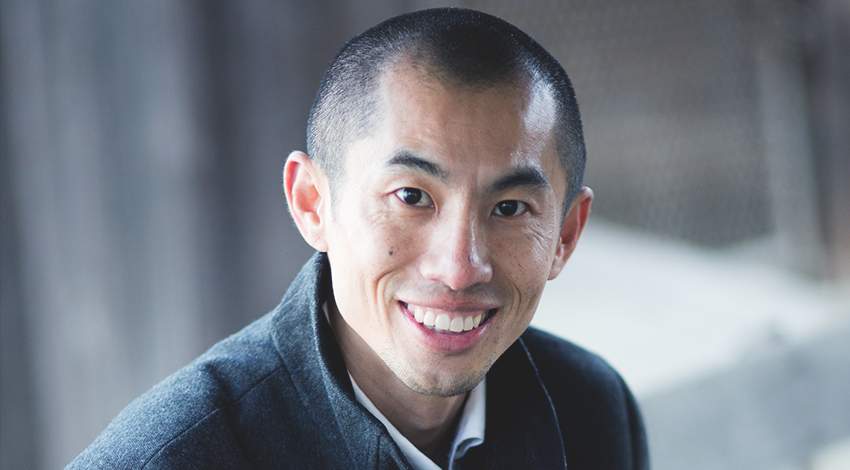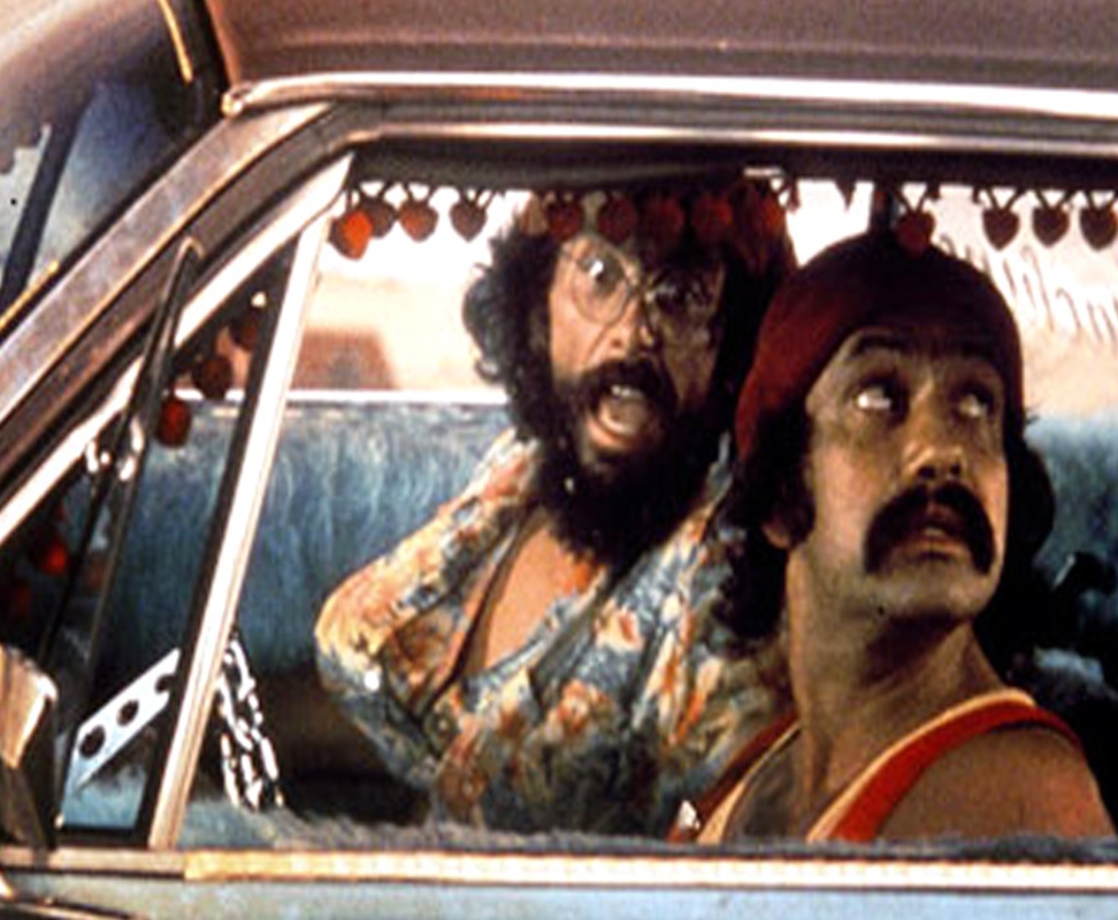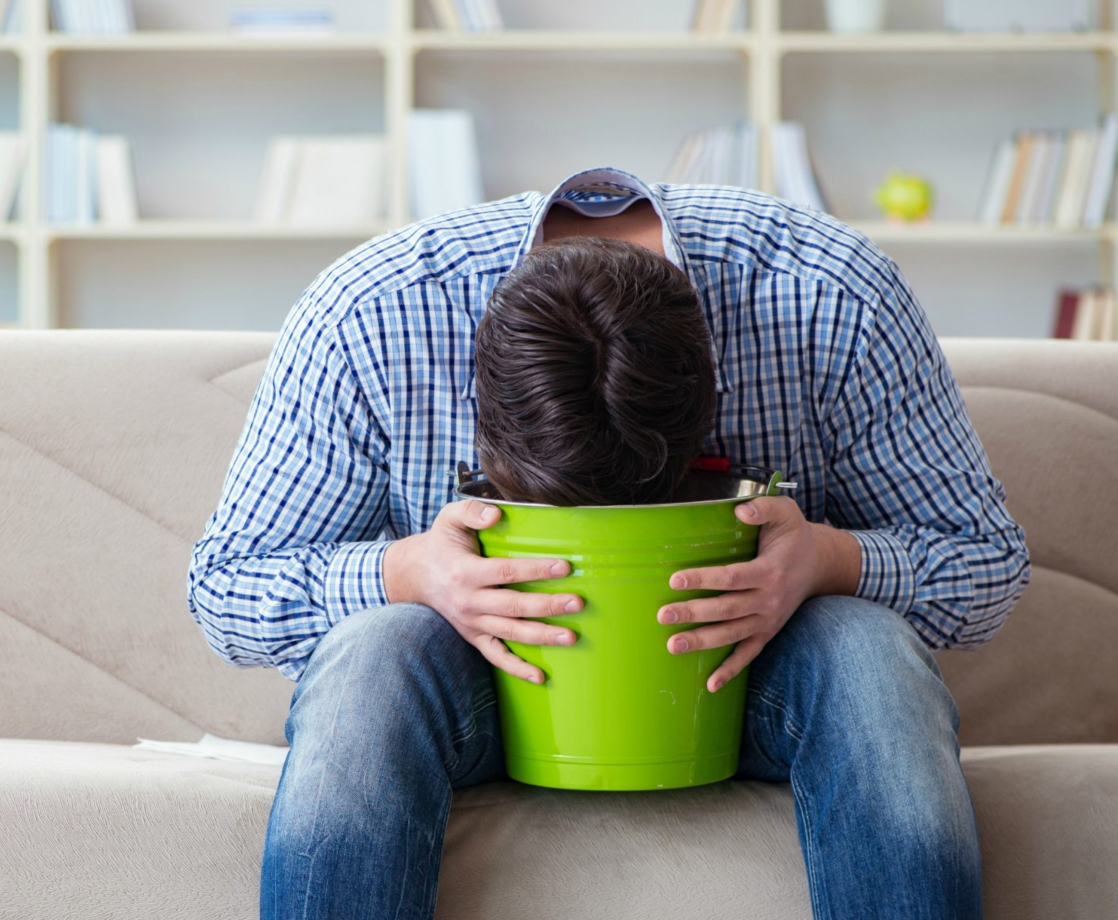When he was just 20 years old, professional Brazilian jiu-jitsu fighter Seibo Shen was dead set on becoming a career athlete. What he didn’t know, however, was that he would soon spearhead the growing movement to bring cannabis into athletic training. In fact, at that age, Shen had never even tried cannabis before, mainly because he believed smoking anything would be debilitating.
When Shen injured himself while working as a stuntman, he became dependent on over-the-counter pain meds, which led to the unwelcome development of ulcers. “My roommate suggested, instead of taking all of that junk, I try some cannabis,” he says. “So I started googling and found out what a vaporizer was.” Since he started consuming cannabis before his jiu-jitsu matches, Shen has yet to lose a fight.
Today, Shen is the CEO of VapeXhale, a vaporizer company focused on providing healthier and more intelligent ways to consume cannabis. He’s also the co-founder of CannAthlete, an organization looking to bridge the gap between cannabis and a healthy lifestyle. He’s partnered and trained with several pro-cannabis athletes, including ex-NFL players Eugene Monroe and Ricky Williams, MMA fighter Jake Shields, retired UFC fighter Kyle KingsBury, and three-time Brazilian jiu-jitsu world champion Denny Prokopos, all of whom are working together to destigmatize cannabis use.
MERRY JANE spoke with Shen recently about how cannabis helps him “activate” into a more mindful state, the benefits it provides to athletic training, and why it’s so important that professional organizations like the NFL let their players consume.
MERRY JANE: What was the biggest surprise for you when you started consuming cannabis as an athletic tool?
Seibo Shen: I found out that a lot of these guys, like the ex-Jacksonville Jaguar Eben Britton, were consuming before practice, and it really shocked me to hear that people were increasing their performance with cannabis. I had started using it as a form of relaxation to help me recover. I would also use it sometimes if I was running or swimming. But the thought of “activating” and practicing football or basketball—something that required a lot of dexterity and coordination—I just didn’t think it would be good with cannabis at first.
How did cannabis become such a critical part of your Brazilian jiu-jitsu training?
Because I spent a lot of time with high-level athletes who were doing this, I got curious about what they used it for in their training regimen and ultimately I started adding cannabis towards my jiu-jitsu competitions, and it’s been something that’s really increased my win percentage. Actually, I’m undefeated since I started consuming cannabis for competing. It’s something I kinda I fell into by accident, but I also started discovering different uses for cannabis. Not just for recovery, but also for focus and activation. It became an interesting subject for me.
In what ways does cannabis enhance your ability as a fighter?
When you’re sparring or competing against someone, you’re going through all of these modes in your head. The difference between winning and losing is how quickly you can make that decision. For me, when I consume cannabis, my flow chart of moves that I can counteract my opponent with improves. Not only does it increase the amount of moves I can access, it also increases the speed of when they come to me.
I also believe that cannabis promotes creativity. For jiu-jitsu, when I get activated, my ability to see alternate setups also increases. So, if you can find different paths to submission that are not the normal path, you’ll work around your opponent's defenses. I find that it also gives me the ability to see these openings where I typically don’t see them, and to apply the moves out of the traditional sequence in more creative ways. By adding those moves to your repertoire, if people aren’t used to certain sequences, you can win matches over and over.
Does cannabis work as a performance-enhancing tool for all athletes?
It doesn’t work for everyone, that’s why CannAthlete has a cannabis performance assessment test that we put people through to get a better idea [of whether] they respond to cannabis. Those who seem to respond positively, that don’t look like their motor skills are impacted, we work with them in greater detail to facilitate whatever goal they’re trying to achieve. Sometimes the cannabis is just used for recovery, and sometimes it’s used pre-workout, during, and post-workout. It all depends on what the athlete is looking for and what they want out of cannabis.
How does your VapeXhale vaporizer system differ from others on the market?
The e-cigarette is a pretty good delivery model—it’s convenient and you can use it anywhere. But what I found is that through our device, the VapeXhale EVO, because it uses a hot-air extraction versus the hot-surface extraction, a much higher percentage of cannabinoids can be delivered per inhalation. Eugene Monroe, a Baltimore Raven who recently retired, would utilize his CBD oil pen every 10 to 15 minutes to get the proper amount of medication so that his back and knees didn’t hurt. When he used our device for the first time, he was able to go four straight hours without needing additional cannabinoids. Our device allows you to consume a larger amount in a more concentrated inhalation.
Acceptance of cannabis is growing but it’s not welcome everywhere yet. Where can athletes go to consume and train?
One of my partners is working with Ricky Williams to start a gym called Power Plant Fitness, where you can activate on site and do your workouts. There are going to be a lot of trainers there that are high-caliber athletes. The individual that will be doing the self-defense and strength and conditioning programs is three-time world champion Brazilian jiu-jitsu athlete Denny Prokopos. These are going to be high-level programs that, with or without cannabis, will be highly effective. Now, if you add cannabis, it’s like putting nitro in your fuel, but the program itself will be very effective regardless.
Why has the cannabis movement become so prominent in the NFL?
One of the reasons why football players would like to consume before practice, and before having high-impact collision, is that the cannabinoids are neuroprotective. I believe that if you’re sensitive enough to listen to your body, your body will always want to put better things in it. As players are smoking or consuming cannabis and having this high-impact head trauma, I believe that subconsciously they know that consuming cannabis before practice is protecting them in some way. Now that the research has come out to help validate the findings that cannabis cannabinoids help avoid traumatic head injuries, we’re going to see a lot more sports allow cannabinoids in some form or another to protect the athlete.
Why are organizations like the NFL still inflict harsh punishments for cannabis use?
Even though science supports everything I said, it’s still federally illegal, so it’s going to be tough for the NFL to say it’s OK. I’m not one for conspiracy theories, but in my experience, if you just follow the money, that usually explains why people make the decisions that they make. In this case, even though there might be a lot more revenue generated on the cannabis side for the NFL if it were to be pro-cannabis, the amount of revenue that it would lose from people who are just not ready to align themselves with cannabis yet would be significantly more.











